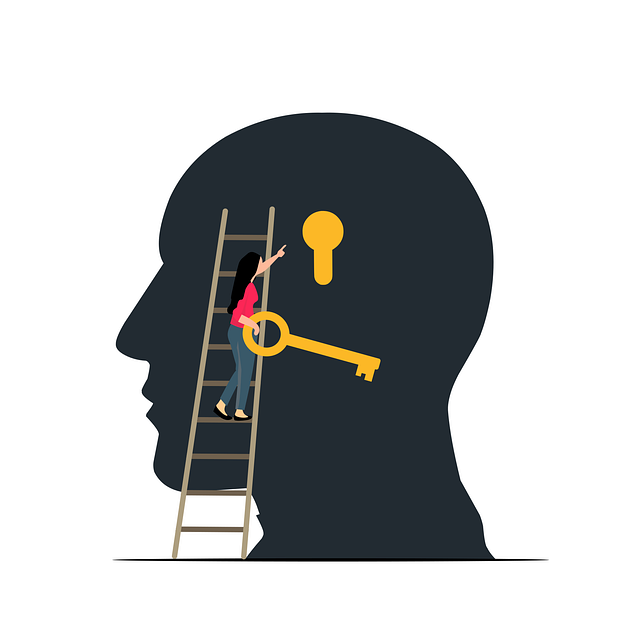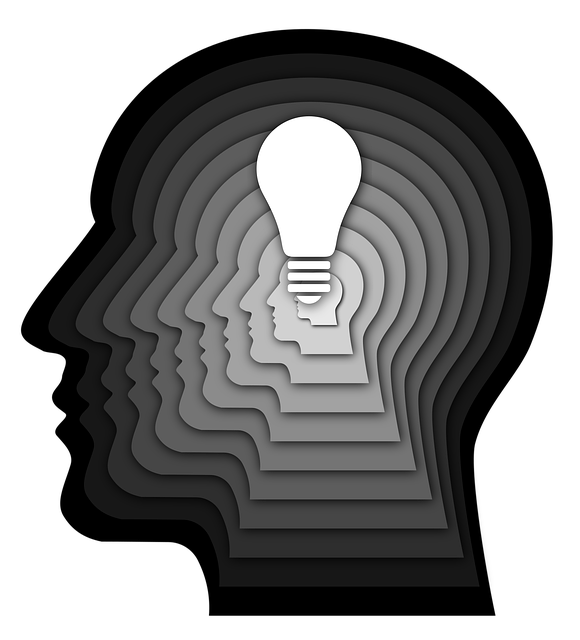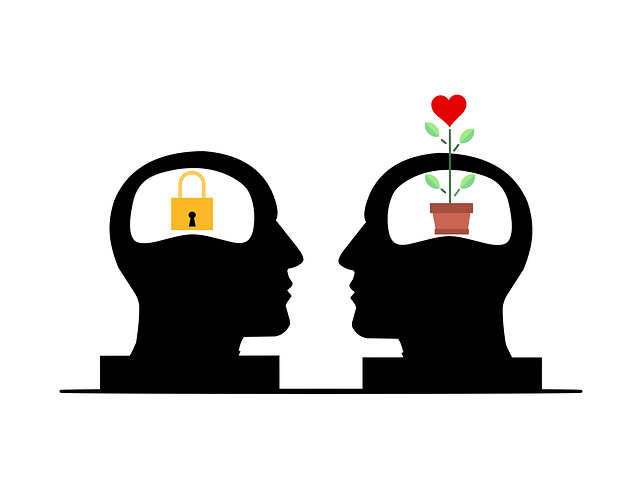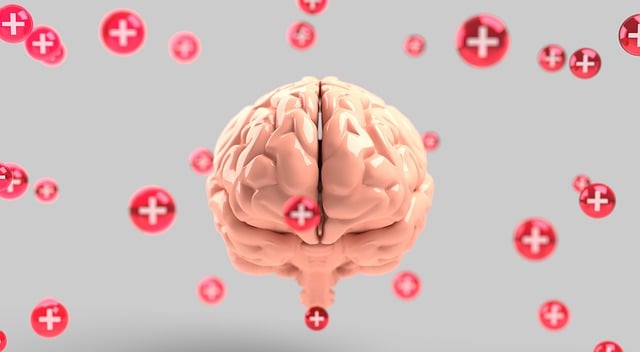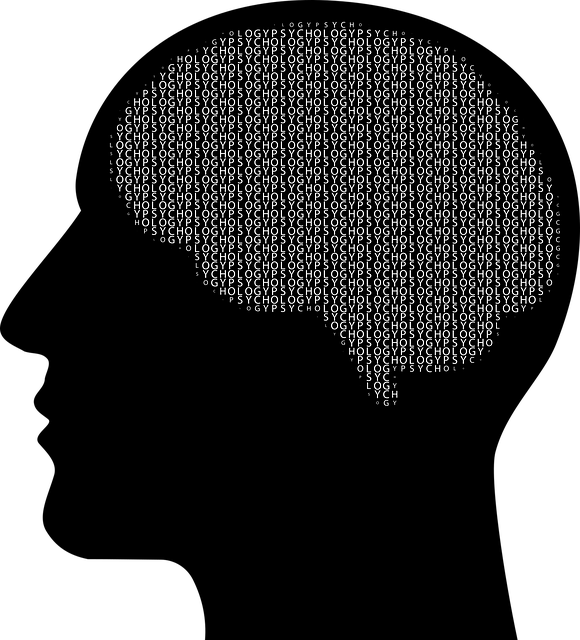Psychosis, with its diverse symptoms and links to other conditions, poses diagnostic challenges. Advanced therapy techniques, like Therapy for Psychosis, combined with stress management workshops and tech-augmented care, enhance diagnosis accuracy. Mindfulness meditation, digital platforms, and patient-centric approaches revolutionize mental health management, leading to tailored treatment plans and improved outcomes.
Mental illness diagnosis accuracy has long been a subject of concern, especially in cases of psychosis. This article delves into strategies aimed at enhancing diagnostic precision, focusing on psychosis symptoms and challenges. We explore advanced therapy techniques, such as therapy for psychosis, that promise improved assessment methods. Integration of technology is also discussed as a support tool for mental health professionals. Additionally, patient-centric approaches emphasizing education and empowerment are highlighted as key efforts to improve mental illness diagnosis accuracy.
- Understanding Psychosis: Symptoms and Challenges in Diagnosis
- The Role of Advanced Therapy Techniques in Accurate Diagnosis
- Enhancing Clinical Assessment Methods for Improved Accuracy
- Integrating Technology to Support Mental Health Professionals
- Patient-Centric Approaches: Empowering Individuals through Education and Support
Understanding Psychosis: Symptoms and Challenges in Diagnosis

Psychosis, a complex mental health condition, presents significant challenges in diagnosis due to its diverse symptoms and overlapping with other disorders. Recognizing psychotic symptoms is crucial for accurate assessment, as they can range from hearing voices or seeing things not present (hallucinations) to having distorted beliefs that seem real (delusions). These experiences often lead individuals to seek help, but the complexity lies in differentiating them from other conditions like schizophrenia, bipolar disorder, or even stress-related disorders.
Effective therapy for psychosis involves a multifaceted approach. Mental health professionals must consider the individual’s unique experience and background when making a diagnosis. Risk management planning is essential, especially as psychosis can be associated with increased risk of suicide or violent behavior. Stress management techniques are vital tools, and organizations like Stress Management Workshops can play a significant role in educating both professionals and individuals about coping strategies. Through these efforts, the accuracy of mental illness diagnoses improves, leading to more effective treatment plans and enhanced patient outcomes.
The Role of Advanced Therapy Techniques in Accurate Diagnosis

In the pursuit of enhancing mental illness diagnosis accuracy, advanced therapy techniques are playing a pivotal role. Among various approaches, Therapy for Psychosis has emerged as a game-changer, offering novel ways to navigate complex cases. These sophisticated therapies delve into the intricate dynamics of psychotic disorders, focusing on symptoms, triggers, and underlying causes. By fostering inner strength development, they empower individuals to manage their conditions effectively.
Moreover, integrating Stress Management Workshops Organization and Crisis Intervention Guidance within therapeutic frameworks has proven beneficial. Such interventions not only equip individuals with coping mechanisms for daily stress but also provide crucial crisis intervention strategies. This multifaceted approach ensures a holistic understanding of mental health, leading to more precise diagnoses and tailored treatment plans.
Enhancing Clinical Assessment Methods for Improved Accuracy

Accurately diagnosing mental health conditions is a complex process that requires skilled professionals and robust assessment tools. One area where significant improvements can be made is through enhanced clinical assessment methods. Traditional diagnostic approaches often rely on patient self-report and interviews, which can be subjective and may miss subtle symptoms or misinterpret them due to various factors like cultural differences or comorbid conditions.
Innovative techniques are emerging to address these challenges. For instance, integrating therapy for psychosis with mindfulness meditation has shown promise in improving assessment accuracy. Mindfulness practices can enhance self-awareness, allowing individuals to better articulate their experiences and symptoms. Additionally, Stress Reduction Methods and Stress Management Workshops Organization can provide valuable insights into a patient’s emotional state and potential triggers, aiding in more precise diagnoses. These complementary approaches not only improve diagnostic clarity but also foster better patient engagement and treatment adherence.
Integrating Technology to Support Mental Health Professionals

Integrating technology into mental health care has emerged as a powerful tool to enhance diagnosis and treatment accuracy. With advancements in artificial intelligence (AI) and digital platforms, professionals can now access comprehensive patient data, advanced assessment tools, and evidence-based interventions more efficiently. For instance, AI algorithms can analyze patterns in speech, language, and behavior, aiding in early detection of mental health issues, particularly in cases like psychosis. These technologies offer a promising avenue for improving diagnostic accuracy, especially when combined with traditional methods.
In the context of therapy for psychosis, technology supports professionals by providing targeted interventions. Mindfulness meditation and compassion cultivation practices, facilitated through digital platforms, have shown potential in managing psychotic symptoms and reducing stigma associated with mental illness. By leveraging technology to supplement therapeutic approaches, healthcare providers can offer more personalized care, thereby improving overall diagnosis and treatment outcomes while also fostering a more supportive environment for individuals navigating mental health challenges.
Patient-Centric Approaches: Empowering Individuals through Education and Support

In recent years, a patient-centric approach has emerged as a powerful tool to enhance mental illness diagnosis accuracy, particularly in cases like therapy for psychosis. This method places the individual at the heart of the process, recognizing that every person’s experience with mental health is unique. By empowering patients with knowledge about their condition, healthcare providers encourage active participation in their care. Educating individuals on symptoms, treatment options, and self-care practices boosts their confidence to manage their mental well-being effectively.
Mental health awareness campaigns play a pivotal role in this shift. They provide platforms for sharing personal stories, breaking the stigma surrounding psychosis, and fostering open conversations. Encouraging patients to develop inner strength through mindfulness techniques, support groups, and other therapeutic activities has shown remarkable results in early intervention. This holistic approach not only improves diagnosis accuracy but also paves the way for better long-term outcomes, as patients become advocates for their mental health.
The pursuit of enhanced mental illness diagnosis accuracy is a multifaceted endeavor, requiring a blend of advanced therapy techniques, innovative assessment methods, technology integration, and patient-centric approaches. By understanding the nuances of psychosis, leveraging cutting-edge treatments like therapy for psychosis, and empowering individuals through education and support, healthcare professionals can navigate the complex landscape of mental health diagnosis with greater precision and compassion. These efforts collectively contribute to improved patient outcomes and a more supportive mental health care system.
